Friendship Beyond Labels: Helping Kids Choose Real Friends
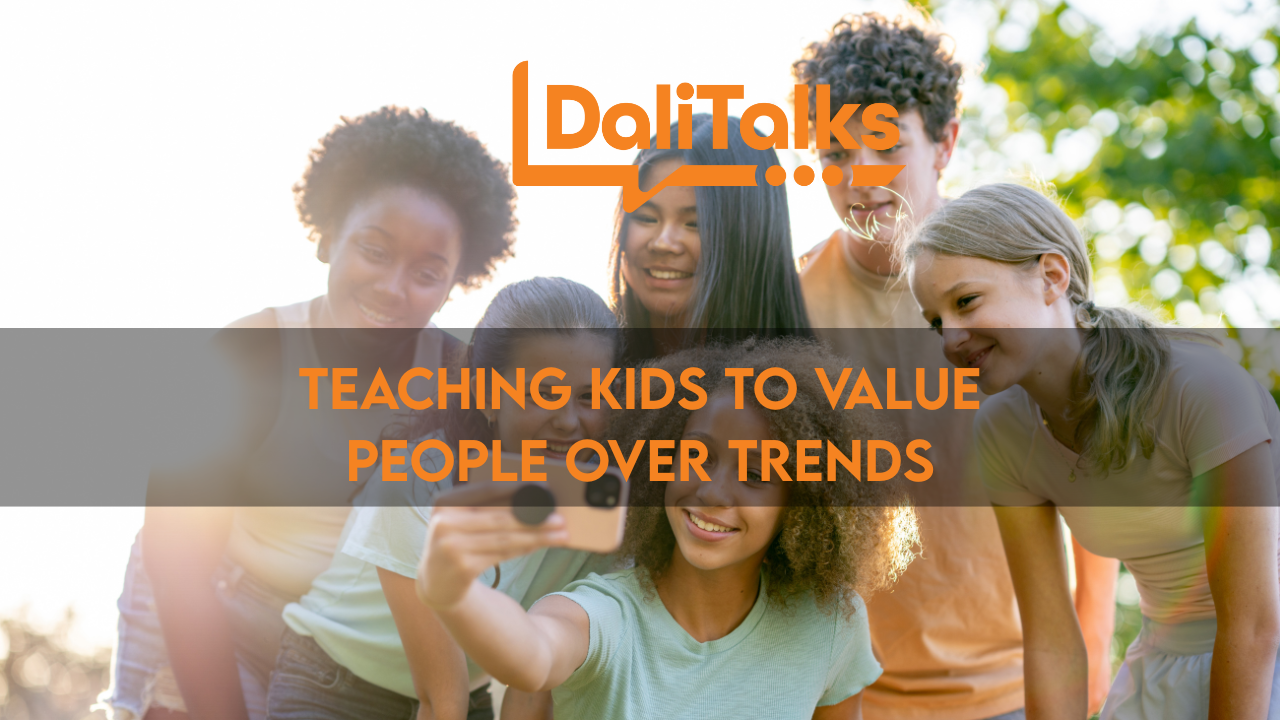
School environments are full of trends. One week it is a must-have sneaker. The next week it is a new brand, hairstyle, or social status marker. While trends change constantly, the pressure to fit in can deeply affect how children choose their friends.
Many kids feel they must look a certain way or own certain things to be accepted. This pressure can lead to shallow friendships, exclusion, and social bullying. Helping kids understand the difference between real friendships and trend-based connections is essential for raising confident, bully-proof kids.
Why Character Matters More Than Labels
In a world shaped by marketing and social media, children often receive the message that appearance and possessions define value. Over time, this belief can affect self-esteem and peer relationships.
True friendships are not built on brands, popularity, or status. They are built on trust, kindness, and shared experiences. When children learn to value character over appearance, they are more lik...
How to Support Your Child’s Success During The School Year
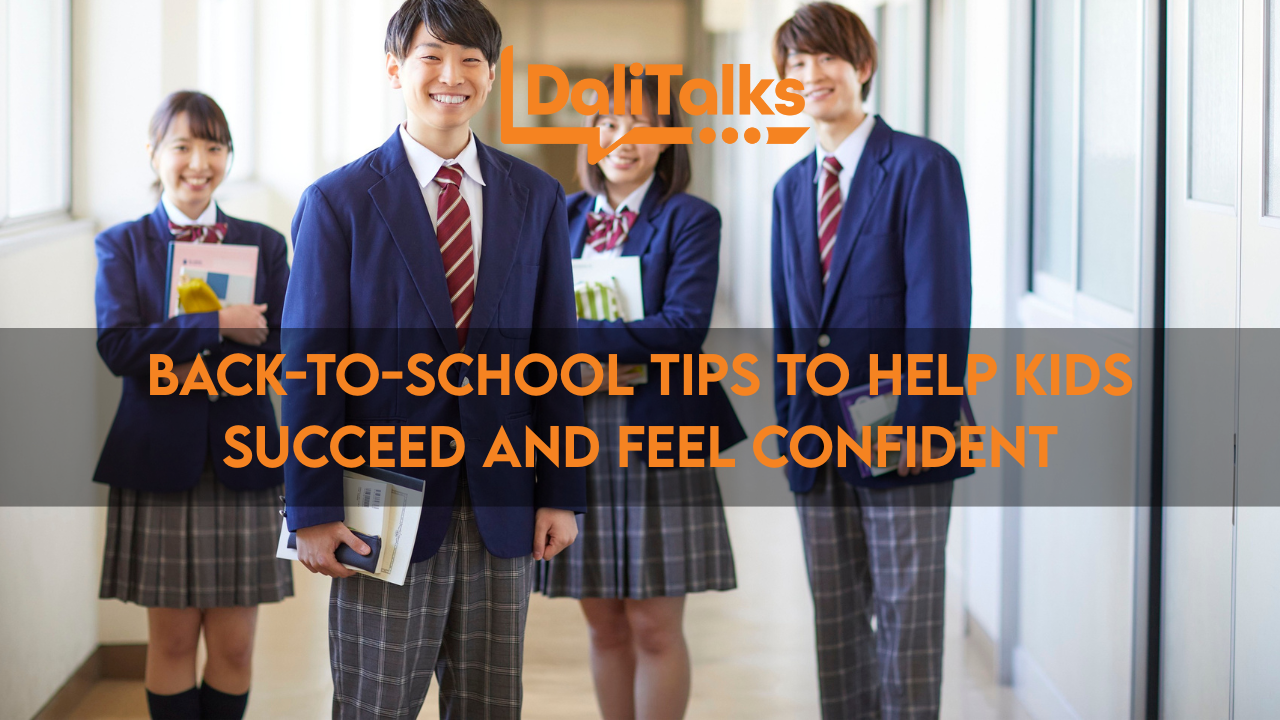
As summer ends and a new school year approaches, excitement and anxiety often mix for kids and parents alike. New routines, friendships, and academic challenges can feel overwhelming. The good news is that thriving in school is not about perfection. It is about preparation, support, and connection.
Here are six practical strategies to help your child succeed and feel confident, safe, and supported this school year.
1. Establish a Routine Early
Summer schedules often shift later bedtimes and relaxed mornings. Returning to school is smoother when routines are reestablished gradually.
Tips:
- Start adjusting bedtimes and wake-up times a couple of weeks before school starts
- Create a calm morning routine including breakfast and a few minutes of quiet preparation
- Consistency helps reduce anxiety, improve focus, and create emotional safety
2. Address Academic Concerns
Academic worries can create stress, especially with new grades or subjects. Early support prevents frustration from...
5 Tips To Nurture Your Child's Mental Well-Being
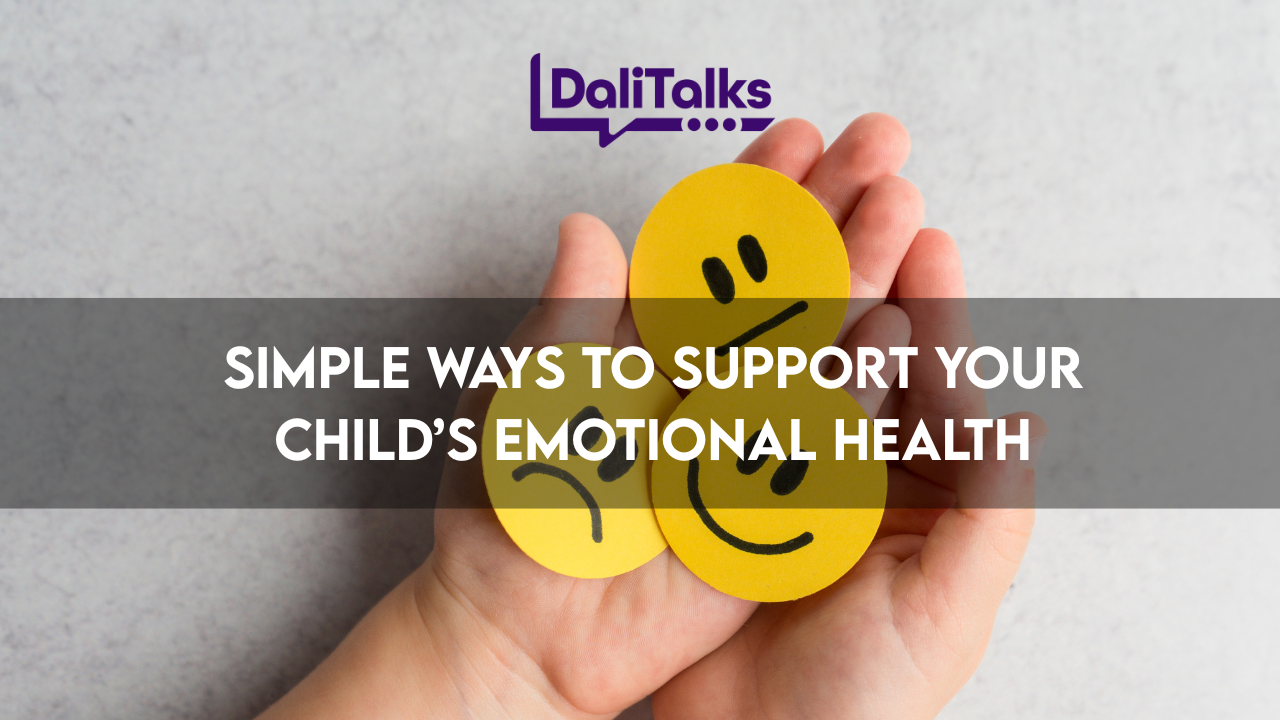
How are you really doing now that the school season is back?
As routines pick up, pressure increases for kids socially, emotionally, and academically. Many parents are noticing something different about this generation of children.
They spend more time indoors.
They are constantly on screens.
They are more withdrawn, anxious, and overwhelmed.
Recently, I asked my teens to spend just one hour outside without devices. I expected a walk, maybe a little boredom-induced creativity.
Instead, they sat by the front door the entire hour.
That moment was funny, but also eye-opening.
The Issue: Kids Are Struggling Quietly
Research shows that even 15 minutes outside in nature can reduce anxiety, depression, and emotional overload. Yet many kids spend most of their time isolated in their bedrooms, absorbing content that overstimulates their nervous systems and limits real connection.
When mental health needs go unnoticed, children may:
- Withdraw socially
- Struggle with confidence
- Experienc...
Kids aware of world news experience more anxiety
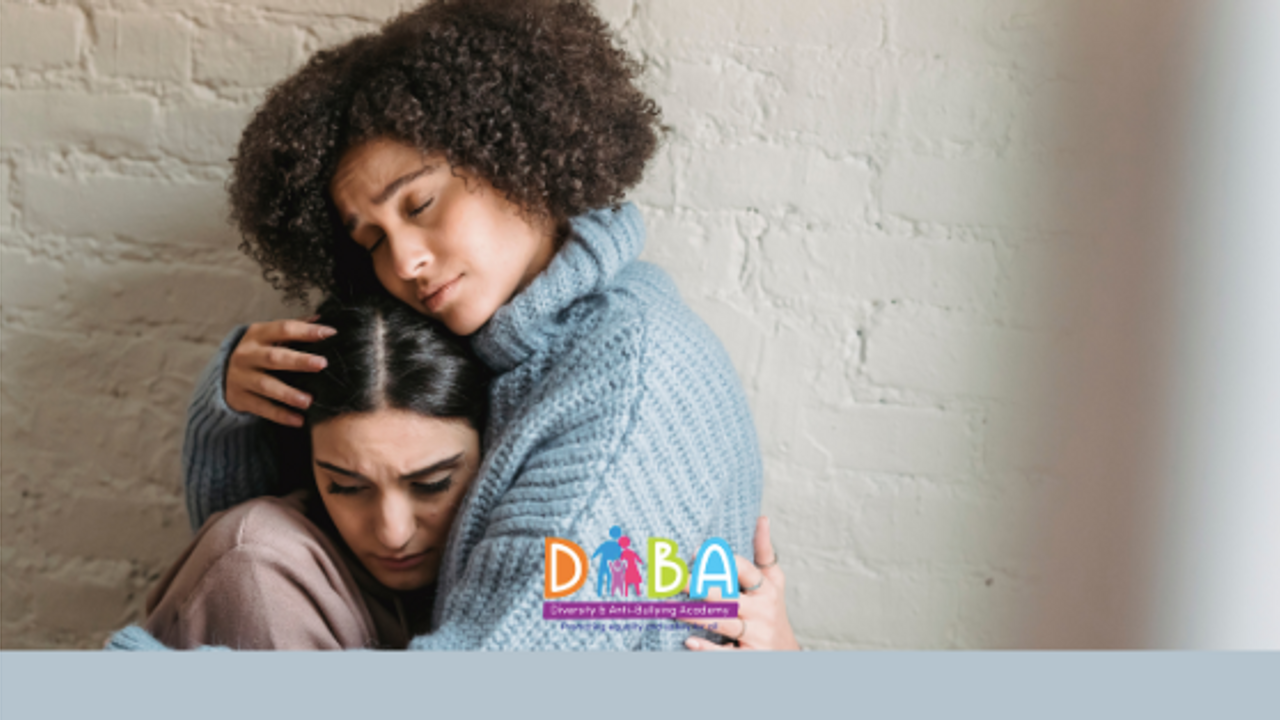
Kids are more in tune with world affairs than you might realize. As a matter of fact, there has been a rise in minors using Twitter to keep up with the news.
While it’s great that they’re interested in staying up to date, kids can get more and more anxious and fearful.
So, although they might seem ok or unphased about what’s going on, start asking questions. The first thing you want to know is how much they know.
Before you start this conversation with them, consider a game plan. You might be surprised about what they could tell you.
✅ First of all, ask open-ended questions. Example: What have your friends been sharing about the conflict in Ukraine? How do you and your friends feel about the school shootings in the U.S.?
✅ Validate their feelings. Kids have a right to feel what they feel because their emotions are real to them.
✅ Answer their questions with the truth. When you do this, adjust your language to their age appropriateness. Sometimes when we give too much i...
Are your kids already on social media?
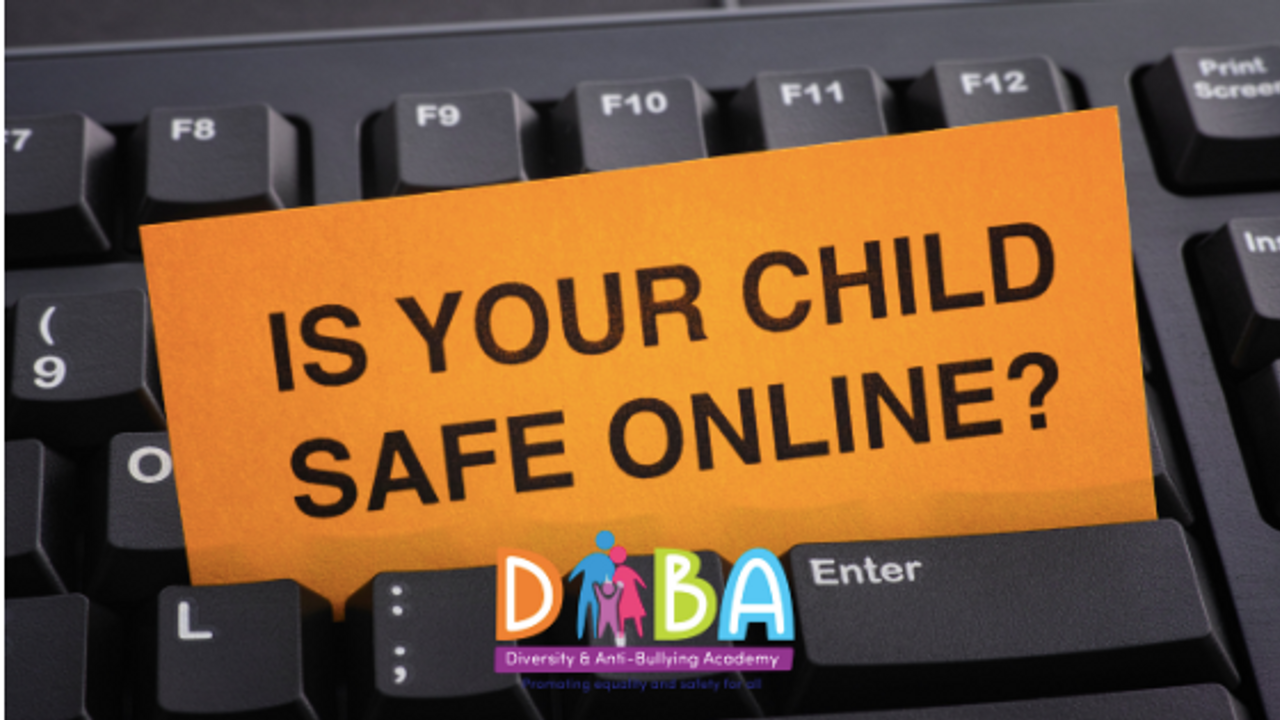
When my kids were around 10 years old, they started asking for a smartphone. Specifically, for an iPhone.
They did what all kids do. They were consistent with asking.
My older daughter even wrote me a letter stating all of the reasons why she NEEDED to have one.
She made promises and tried to convince me that she would be the happiest child in the world if she had a phone.
I said NO.
My intent was to keep them off social media and overall off the internet as much and as long as possible. But, their schools kept gearing them to use online tools for them to do their homework and projects.
That frustrated me and it didn’t help me.
But I persisted and continued to educate myself in case I was being unreasonable.
As they got older they earned the privilege to use it. But, it was not without a lot of discussions and even a contract. That contract included an agreement about how to use it, what to report, and that they would be monitored.
But, you know what I’ve learned over...
3 Ways to Practice Forgiveness and Let Go of Emotional Pain
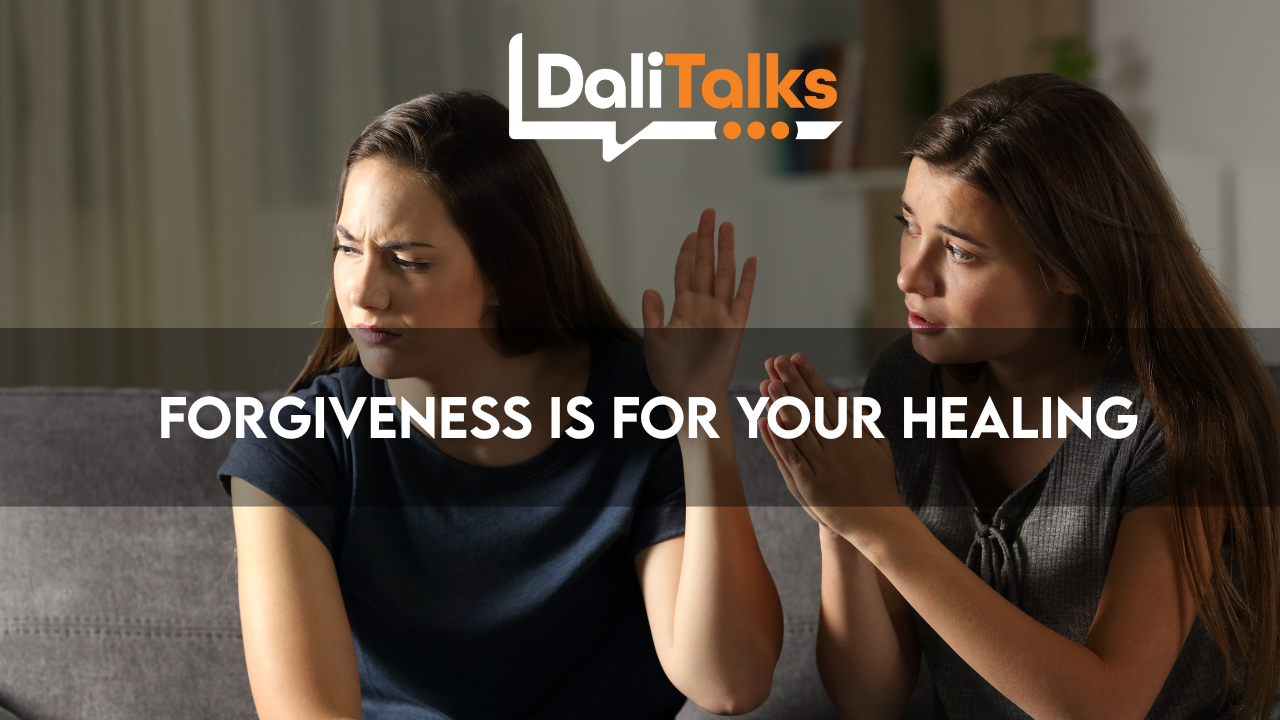
If you are carrying pain caused by someone you cannot bring yourself to forgive, this is for you.
I recently found myself reflecting deeply on forgiveness while reading You Are a Badass by Jen Sincero. Her words stirred memories of my own struggles with forgiving people who had hurt me in ways that changed how I moved through the world.
I do not believe there is a single person who has lived without experiencing emotional pain. The impact of that pain varies, but some wounds run so deep that they shape how we trust, how we love, and how we protect ourselves.
For me, betrayal created walls. I would trust people only partway, maybe 80 or 90 percent, but never fully. At the time, I told myself I was being cautious. In reality, I was afraid.
What Forgiveness Is Not
Many people resist forgiveness because it is misunderstood.
Forgiveness does not mean:
- Saying what happened was acceptable
- Allowing someone back into your life
- Giving permission for the behavior to continue
- Forgettin...
What to Do If Your Child Is the One Bullying Others
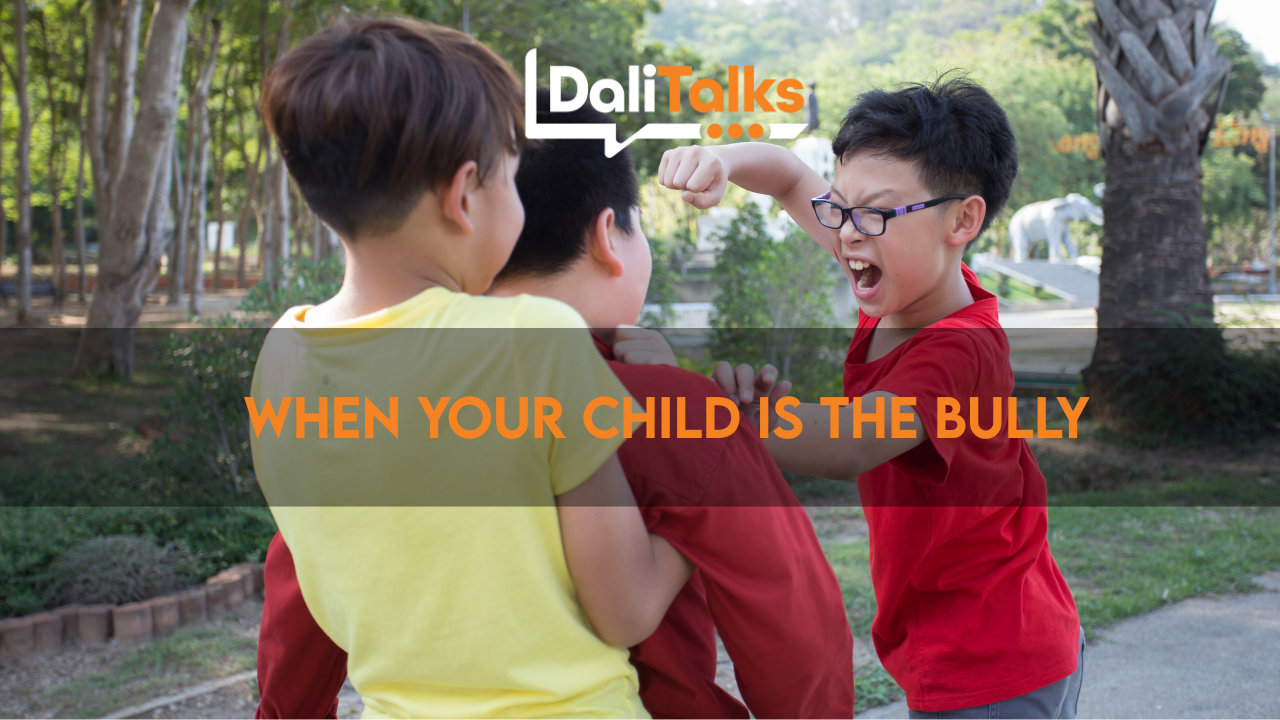
What did you believe about bullies when you were growing up?
I will be honest. Before I began researching bullying deeply, I believed that kids who bullied others were simply not being parented well.
I know. Judgy.
I assumed they were mirroring behavior they saw at home or copying an older sibling or family member. I thought bullies were just “bad kids” who enjoyed making others miserable.
And no one ever challenged that belief.
No one ever talked to me about bullying or the kids behind the behavior.
What I have learned since then completely changed my perspective.
Bullies Are Still Kids Who Are Learning
The truth is this.
Children who bully are still children.
They are not defined by their behavior. They are often kids who have not yet learned how to manage big emotions, navigate stress, or cope with hurt in healthy ways.
That does not excuse the behavior.
But it does change how we respond to it.
Not all children bully for the same reasons. Some act out because they are overwhe...
Understanding the Different Types of Cyberbullying
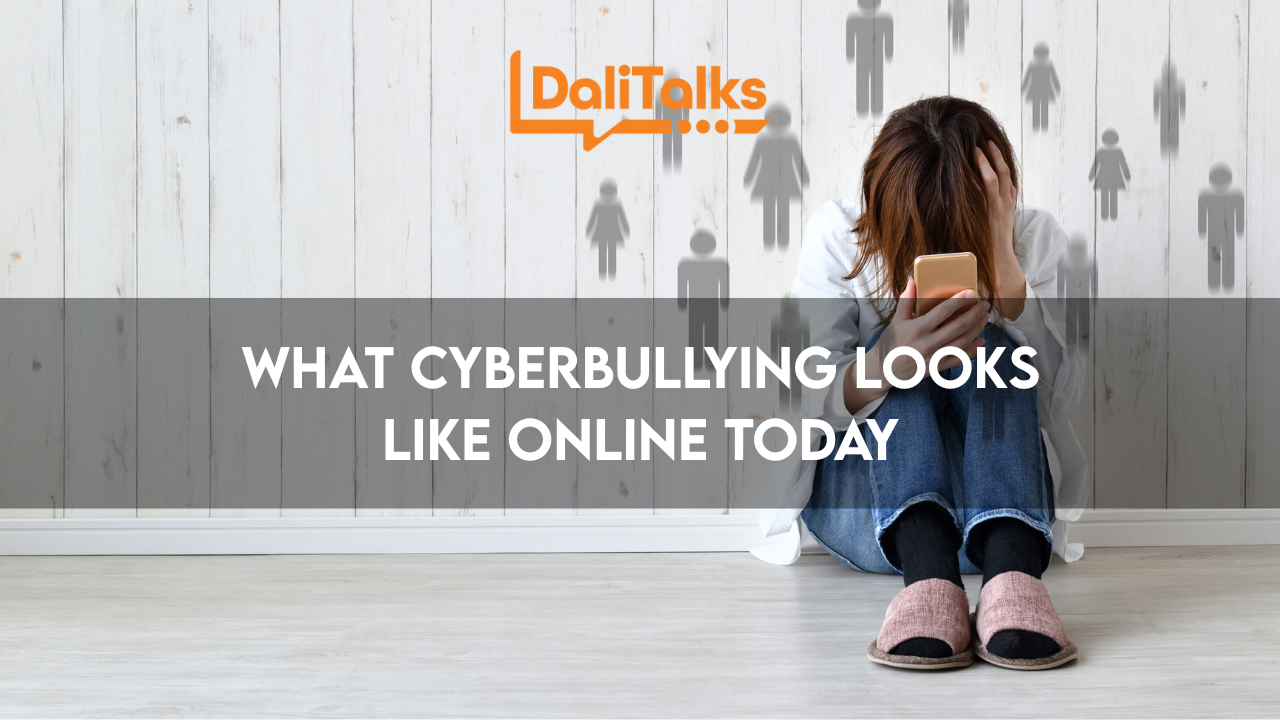
How much do you really know about cyberbullying?
The term “cyberbullying” first appeared in 1998 and refers to bullying that takes place online through digital platforms. In simple terms, cyberbullying is bullying that follows someone wherever they go, through phones, tablets, computers, and social media.
Unlike playground bullying, cyberbullying leaves digital footprints. Old posts, comments, and messages can resurface years later, which is why you may hear about celebrities or public figures being held accountable for harmful content shared early in the internet age.
As technology has evolved, cyberbullying has increased. Unfortunately, laws and protections have struggled to keep up.
The Issue: Why Cyberbullying Is Especially Dangerous
Cyberbullying is not just online teasing. It is repeated behavior intended to shame, humiliate, threaten, or emotionally harm someone.
It is complex, constantly evolving, and often difficult to regulate or define legally. In the United States and...
Do you say sorry too much?

The practice of eliminating repetitive “sorry” statements might not seem so harmful, or important, but hear me out.
Research finds that women have a lower offense threshold, meaning that they tend to apologize significantly more than men.
This matters a lot because when women don’t say sorry at all or as much, they are perceived as too cold, not nice, b*!chy, or bossy.
Always saying sorry is also used as a way to deflect tension and awkwardness and it is also used as a way to show uncertainty or self-doubt.
Most importantly, when people overuse the word “sorry”, really apologies come off as insincere or meaningless.
Eliminating this habit will help you become more assertive, develop a strong voice and increase your confidence. On a bigger scale, you will help change society’s view of what assertive women are like, and believe it or not, this helps us get closer to being treated equally.
So, here are some examples of how people overuse “sorry” and how you can reword the statem...


